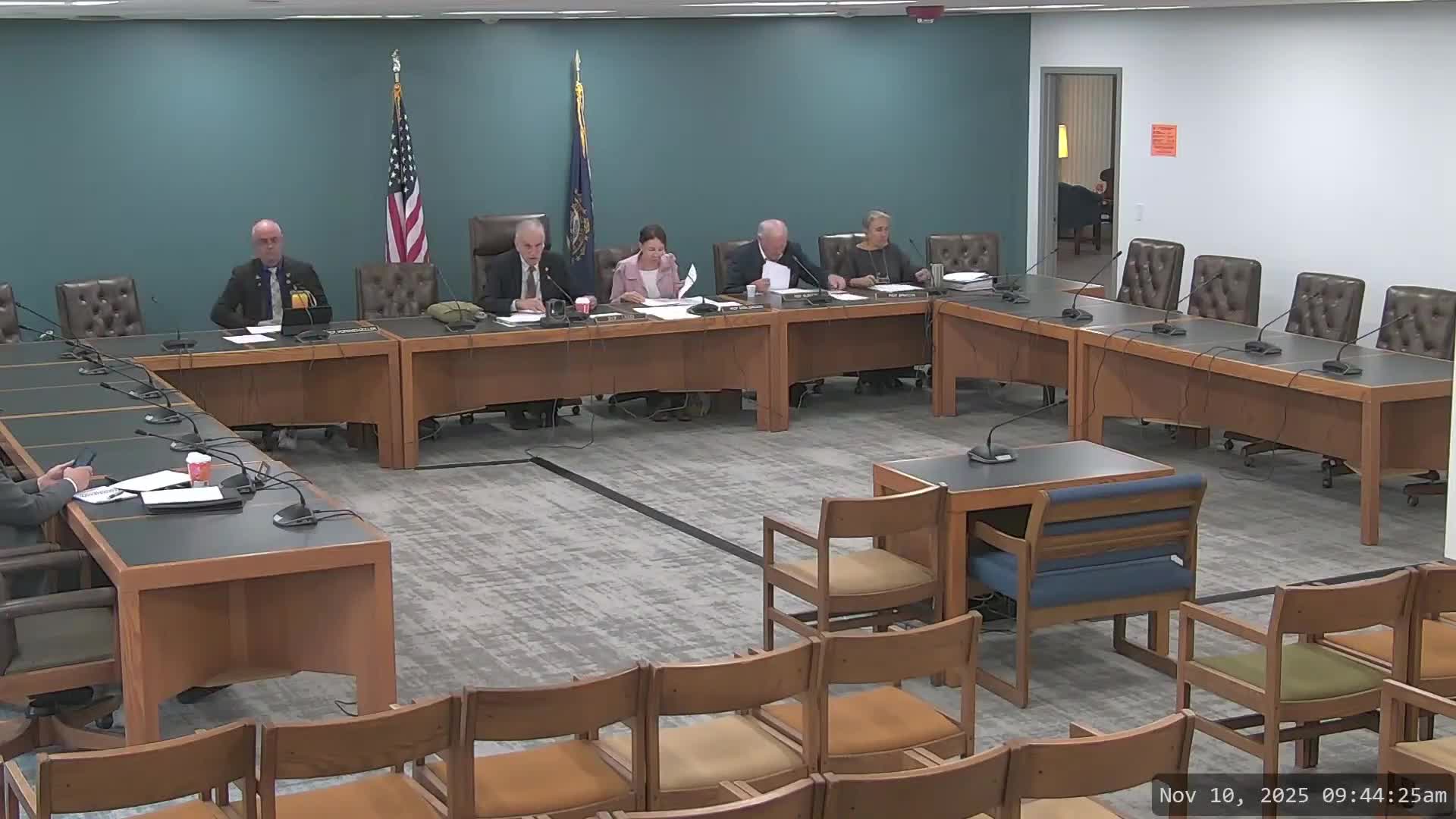Subcommittee approves amended due-process protections for campus discipline after debate over cross-examination
Get AI-powered insights, summaries, and transcripts
Subscribe
Summary
The chair of the Public Higher Education Subcommittee opened debate on HB 510, an amendment package the committee unanimously had earlier approved in part, saying the draft clarifies definitions for 'public institution of higher education,' 'student' and 'student organization' and adds procedural protections for disciplinary proceedings.
The chair of the Public Higher Education Subcommittee opened debate on HB 510, an amendment package the committee unanimously had earlier approved in part, saying the draft clarifies definitions for 'public institution of higher education,' 'student' and 'student organization' and adds procedural protections for disciplinary proceedings.
Representative Popovich, the bill sponsor, said the amendment is designed to ensure accused students and faculty have recognized rights during campus disciplinary processes. "All we have are claims," Popovich said. "Somebody claims something bad happened. Somebody claims they didn't do it. The whole point of the language is to recognize that at this stage, those are accusations and defenses, and nothing has been established to the facts yet." He argued the measure either codifies rights that already exist or requires institutions to implement protections that are not consistently provided.
Opponents said the bill risks intimidating victims and duplicated existing university procedures. One member described the proposal as "a needless bill ... a solution looking for a problem," adding that language referring to a "claimed victim" and allowing the accused to be present during cross-examination "screams intimidation" and could deter reporting. "If my daughter was raped, I wouldn't want her accuser to be sitting in front of her while she was having to talk about what happened," the member said.
The amendment contains several substantive changes discussed at the meeting. It adds a confidentiality-like provision stating "recipients must take reasonable steps to prevent the parties from disclosing to third parties information and evidence obtained through the grievance procedures" and clarifies procedural notice exceptions by removing "property" from the imminent-threat exception so that a hearing may be delayed only when there is a substantial likelihood of an imminent threat of physical injury to any person. The text also initially used language referring to the "right against self incrimination" and the committee discussed advice from the Department of Education and outside counsel to truncate language after that clause.
A central point of contention was cross-examination. The amendment gives the accused a right to confront witnesses and provides that if a person claiming to be a victim objects to being cross-examined by the accused, "the hearing officer or panel may require" that the cross-examination be conducted by another person selected by the accused and approved by the hearing officer or panel. Critics urged changing "may" to "shall" to ensure the accuser's objection would automatically require a third party to conduct cross-examination; the sponsor said he preferred "may" to preserve hearing-officer discretion but could accept "shall" to resolve the concern.
Representative Popovich moved that the subcommittee recommend the amendment language before it with two specific edits to be reviewed by the Office of Legislative Services: (1) explicitly add the phrase "disclosing to third parties" on page 2, line 24; and (2) replace "hearing officer or panel may require" with "hearing officer or panel shall require" on page 3, line 7. That motion was seconded by the chair. The roll-call vote recorded in the minutes was: Representative Burton — No; Representative Bridal — No; Representative Popovich — Yes; Representative Ladd — Yes; Representative Brown — Yes. The chair announced the motion passed and directed staff to prepare amended copies for the full committee meeting on Thursday.
What happens next: The subcommittee will circulate the amended draft — including the two edits identified — to the Office of Legislative Services for review and will present the revised language at the full committee meeting. The transcript record does not show further legal or implementation analysis scheduled beyond that OLS review.
Actions recorded: The committee recorded a motion to recommend the amended HB 510 language with the two edits described above; the motion was seconded and passed on a recorded 3-2 vote.
Speakers quoted in this article are drawn from the subcommittee record and are identified by the roles they held at the hearing.
